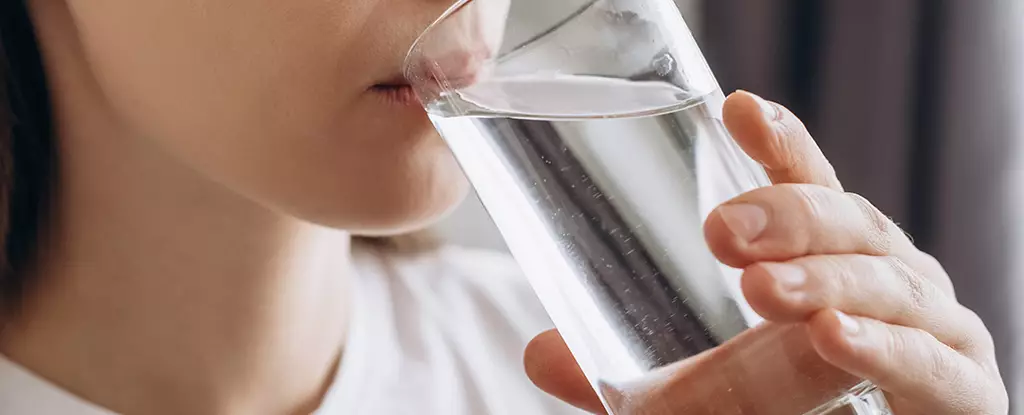Our bodies are being infiltrated by tiny particles of microplastics at an alarming rate, mainly through the food and beverages we consume. However, researchers have discovered a method that could potentially reduce the amount of microplastics we intake by removing them from water through a simple and effective process.
A team of scientists from Guangzhou Medical University and Jinan University in China conducted experiments on soft water and hard tap water, enriching them with nanoplastics and microplastics (NMPs) before boiling the liquid and filtering out any sediments. The results showed that boiling and filtering the water removed up to 90 percent of the NMPs, with the efficacy of the process dependent on the type of water used.
One of the significant advantages of this technique is that it can be easily carried out by most individuals using readily available kitchen equipment. By employing this simple boiling water method, NMPs can be eliminated from household tap water, potentially reducing the harmful effects of microplastic ingestion through water consumption.
Samples of hard tap water, which naturally accumulates limescale due to its mineral content, exhibited a higher concentration of removed NMPs. The formation of calcium carbonate deposits on the plastic’s surface traps the plastic fragments, making it easier to filter them out. Even in soft water, a quarter of the NMPs were successfully removed through boiling and filtering.
While drinking boiled water is a common practice in some regions, the research team hopes that it will become a more widespread habit. As plastic pollution continues to escalate, the need to reduce human exposure to NMPs is becoming increasingly critical. This method could be a viable long-term strategy for minimizing global NMP exposure.
Although the exact health impacts of microplastic ingestion are still uncertain, studies have shown that plastics have the potential to alter gut microbiome and contribute to antibiotic resistance in the human body. By exploring the benefits of boiling water in filtering out microplastics, researchers aim to mitigate the adverse effects associated with microplastic contamination.
The findings of this study support the feasibility of using boiled water as a means to reduce human exposure to NMPs. Further research is needed to explore the effectiveness of this method on a larger scale and to better understand its implications for human health. Ultimately, the removal of microplastics from water through boiling and filtering could be a promising solution to combat the pervasive issue of plastic pollution.


Leave a Reply